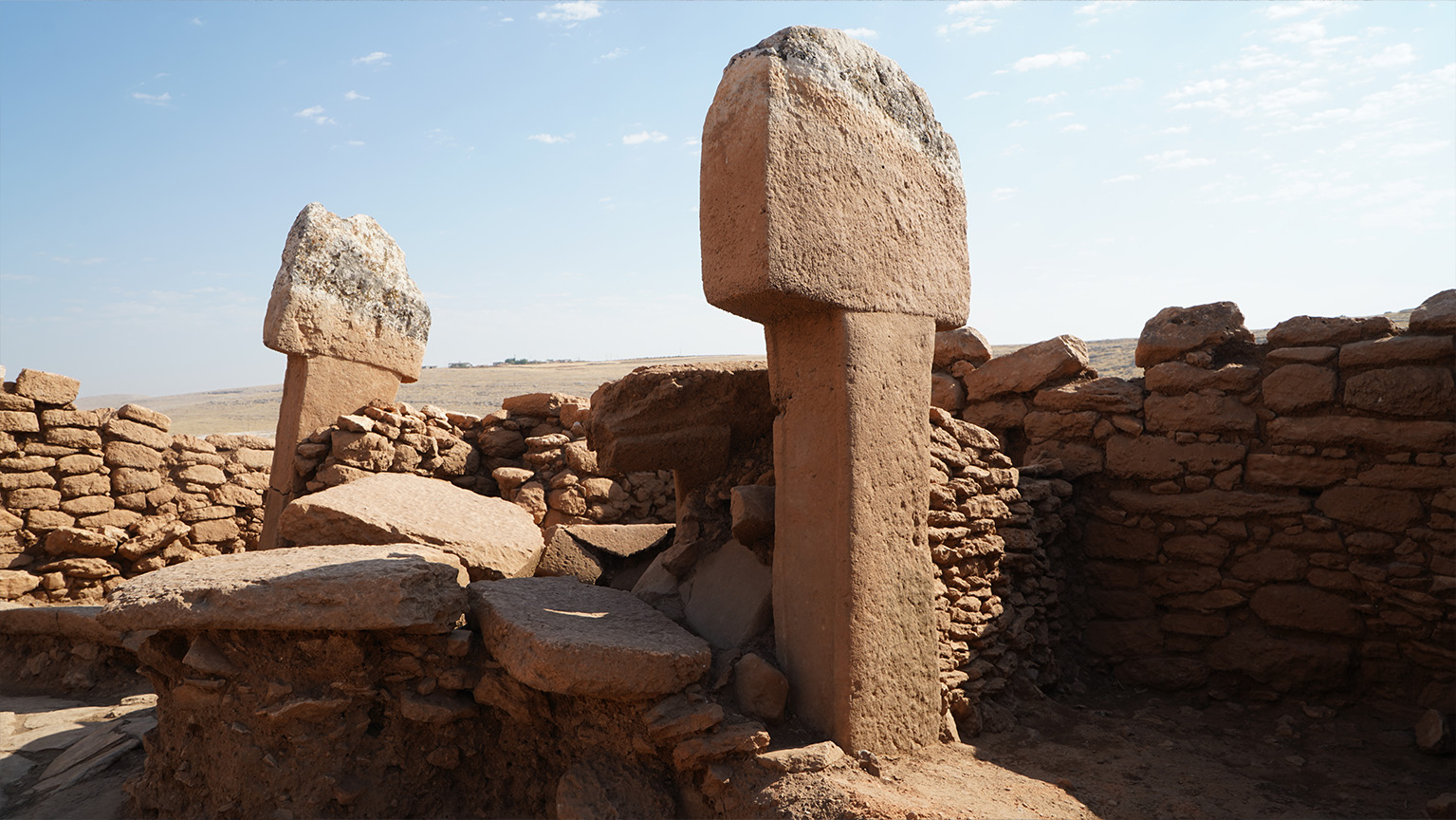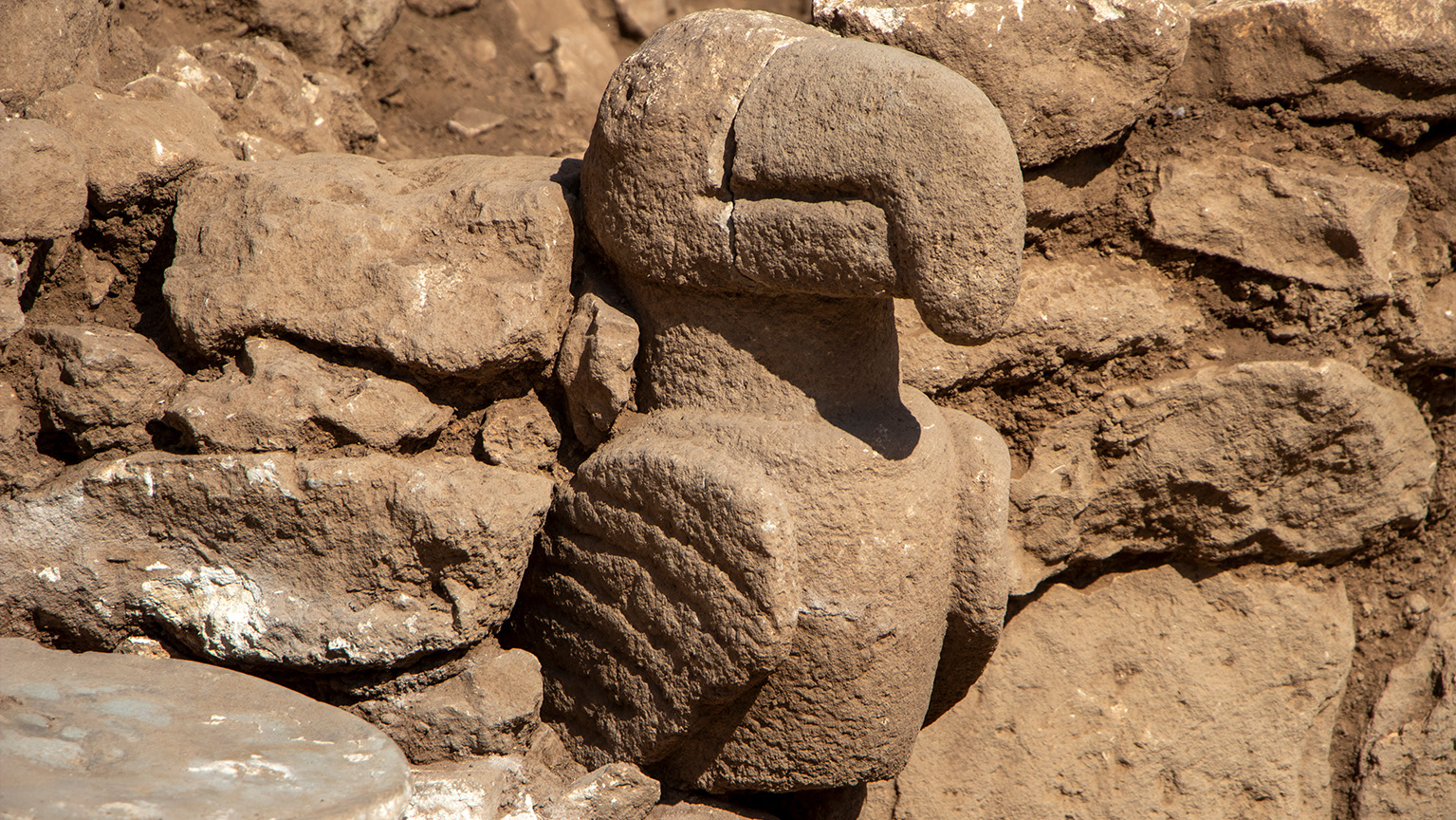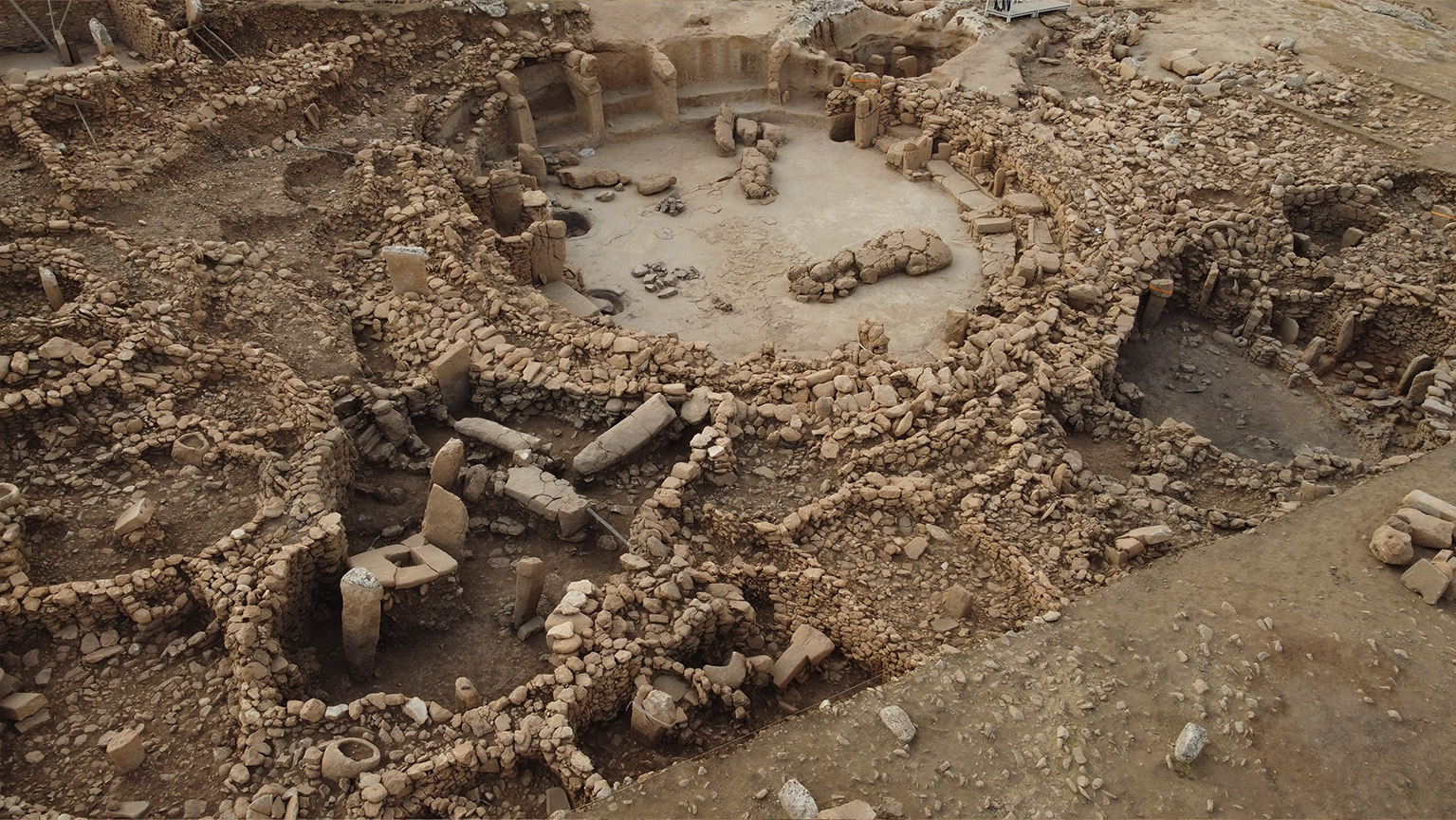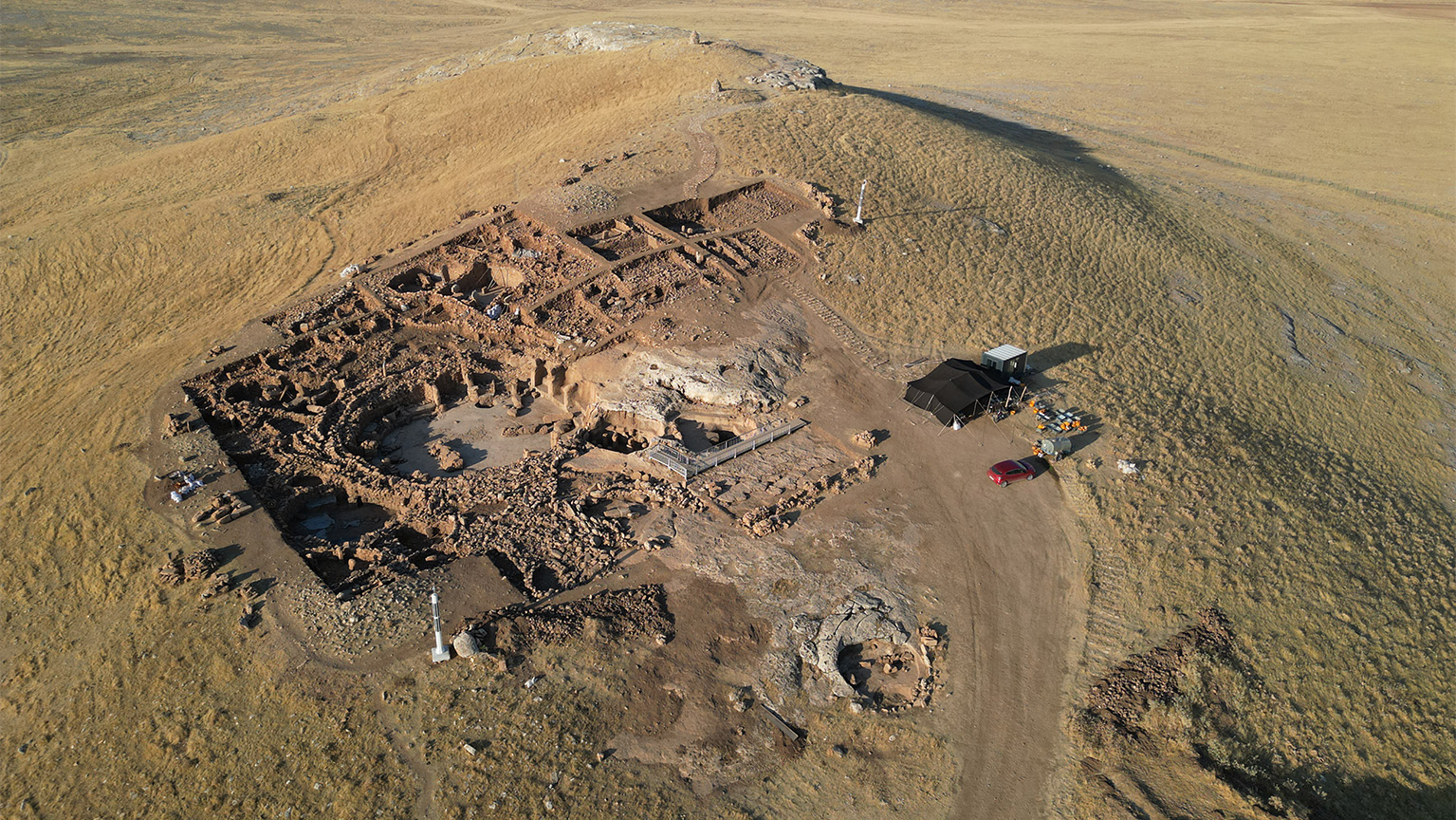What is Neolithic?
The Neolithic is one of the most significant transformational periods in human history. Although it literally means 'New Stone Age', today the term Neolithic is a concept that is not limited to stone tools but expresses radical changes in human life. Current research shows that the Neolithic period went beyond the classical definition of agriculture and that different communities went through different evolutionary processes.

Changing Meaning of the Term Neolithic
In the past, Neolithic was defined as the beginning of agriculture and a period of sedentary life. However, recent archaeological excavations have revealed that this process did not proceed in a single line and varied according to regions. Research conducted especially in Southeastern Anatolia shows that the Neolithic was not only a process based on agricultural production, but also a period shaped by social organisation, ritual practices and technological innovations.

Neolithic Research in Southeastern Anatolia
Recent excavations show that in Göbeklitepe, Karahantepe and other Neolithic settlements that is part of "Taş Tepeler", hunter-gatherer communities established long-term settlements. These communities created complex social structures, built monumental structures and shaped their symbolic worlds before fully engaging in agriculture and animal husbandry.
In this context, the Neolithic societies of southeastern Anatolia did not fully fulfill the traditional criteria of sedentarism and agricultural production but were nevertheless socially advanced. This shows that the Neolithic was not only an economic transformation process, but also a cultural and social revolution.

Rethinking the Neolithic
The term Neolithic is a concept that has evolved from past to present. Today, it is understood that the Neolithic is not a process that starts with agriculture alone but is shaped by different dynamics in different geographies. Excavations in Southeastern Anatolia provide a new perspective to the definition of Neolithic by showing that settlement and social organisation can develop independently of agriculture.



